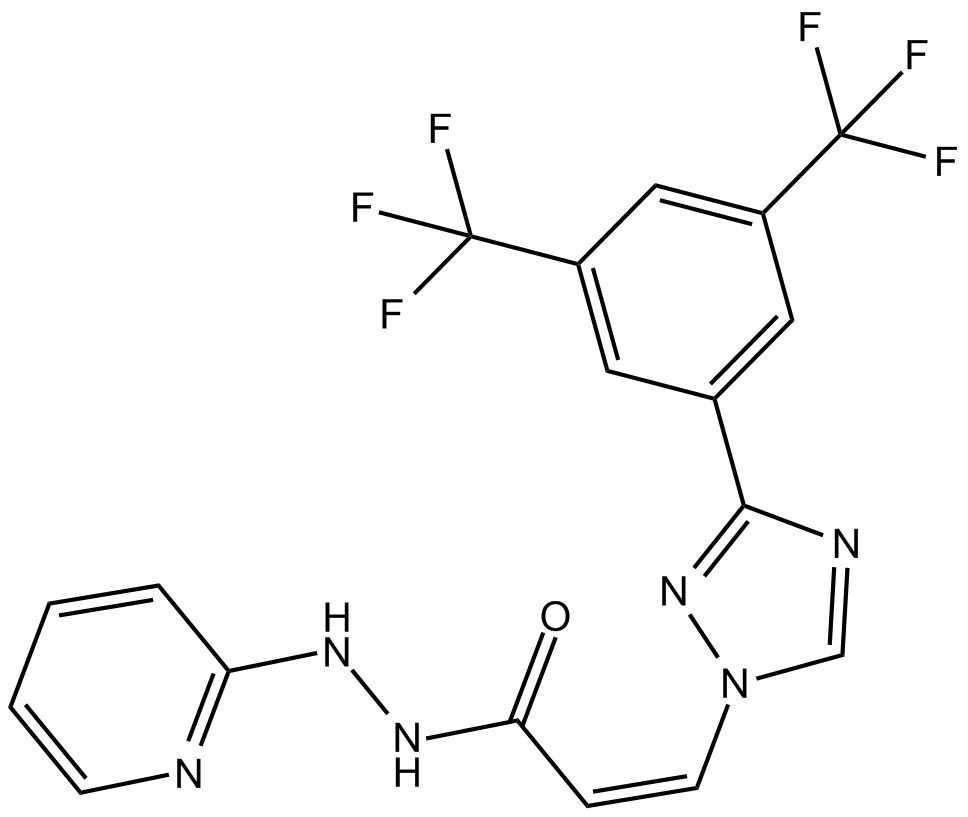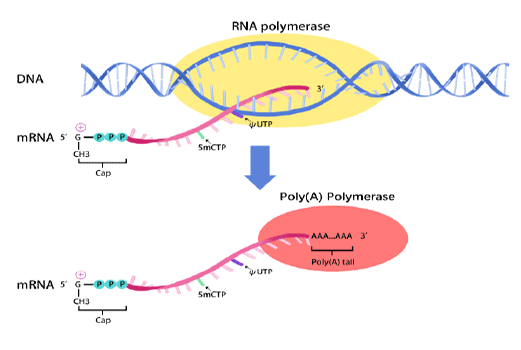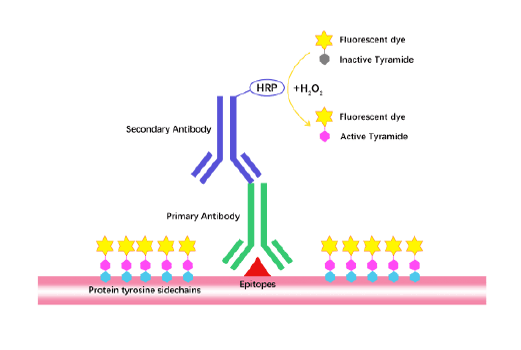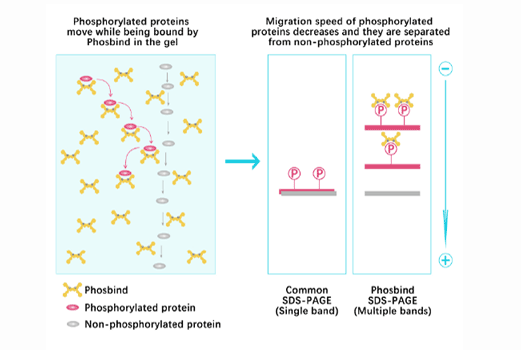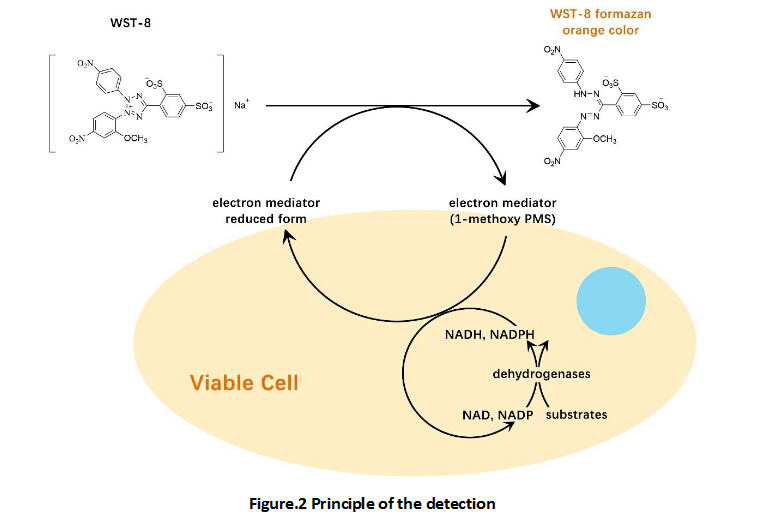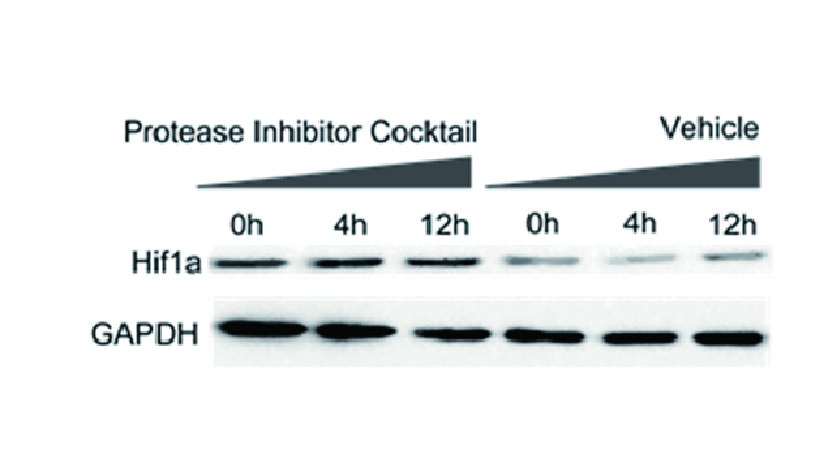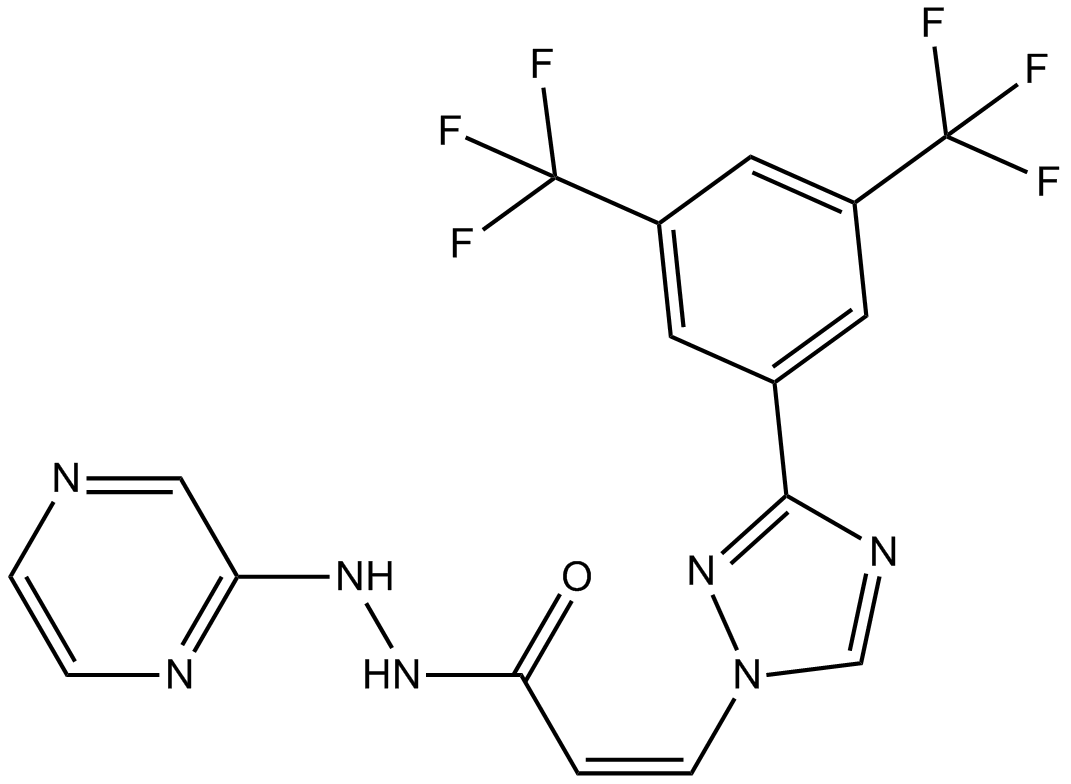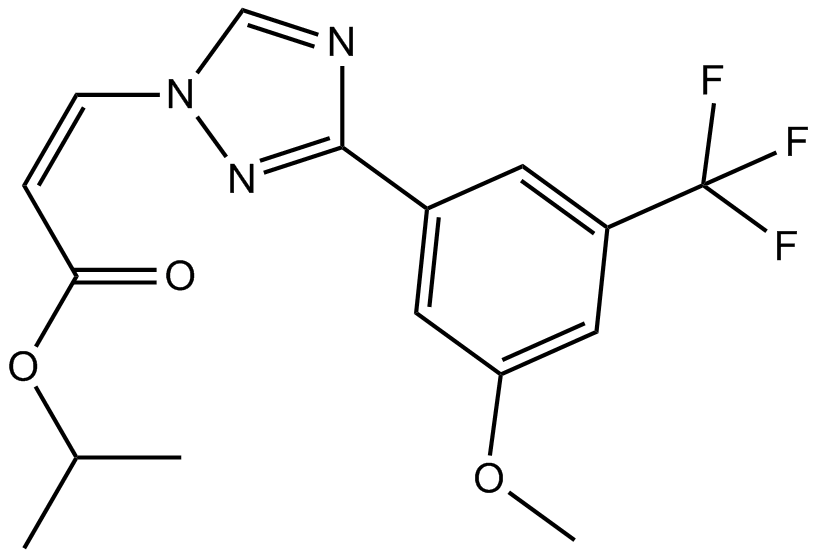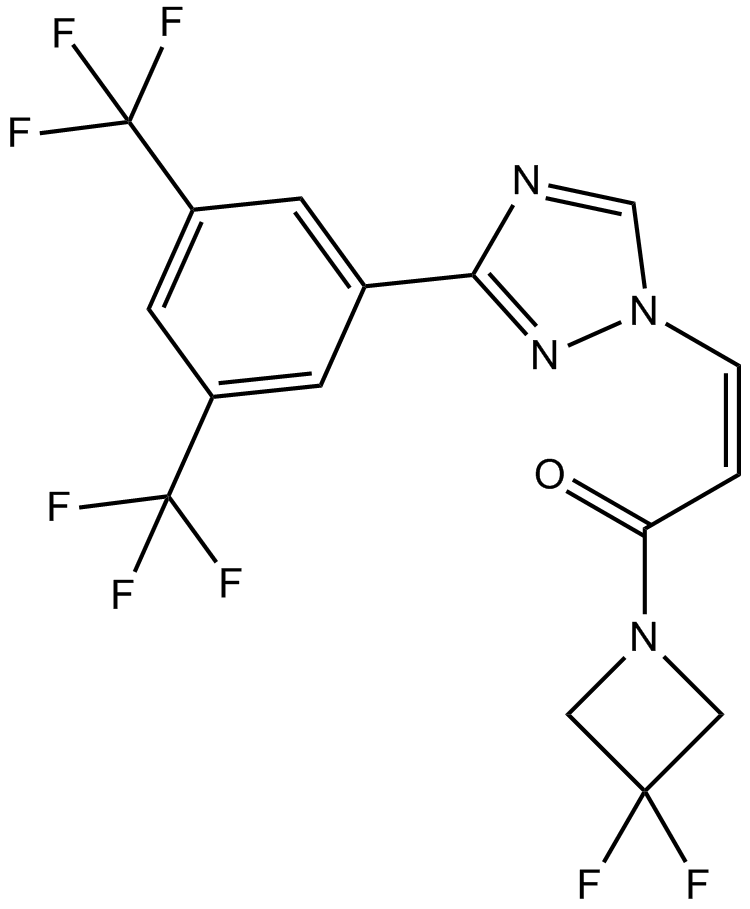Verdinexor (KPT-335)
Verdinexor (KPT-335) is a potent and selective inhibitor of nuclear export [1].
Nuclear export (SINE) is mainly mediated by exportin 1 (XPO1) and mediates specific proteins out of the nucleus, which plays an important role in the regulation of proliferation and the cell cycle [2].
Verdinexor (KPT-335) is a potent and selective SINE inhibitor that acts as an antiviral drug. In A549 cells inoculated with the influenza A and B virus, verdinexor effectively inhibited the replication of the influenza A and B virus strains tested. verdinexor (1 µM) caused the accumulation of vRNPs in the nuclei and altered the localization of viral NS1. Also, verdinexor increased nuclear negative-sense vRNA by 56.6-fold and significantly reduced cytoplasmic negative-sense vRNA, which suggested that verdinexor blocked vRNP nuclear export. In 293T cells, verdinexor inhibited XPO1-NEP binding [1].
In mice infected with influenza virus A, verdinexor significantly reduced lung influenza virus A titers. Verdinexor also reduced the expression of proinflammatory cytokines tumor necrosis factor alpha, interleukin-6, interleukin-1β and gamma interferon. In mice infected with a lethal dose, verdinexor inhibited virus penetration of the respiratory tract and virus spread in the lungs [1]. In companion dogs with B- and T-cell lymphomas, verdinexor showed potent cytotoxic activity [2].
References:
[1]. Perwitasari O, Johnson S, Yan X, et al. Verdinexor, a novel selective inhibitor of nuclear export, reduces influenza a virus replication in vitro and in vivo. J Virol, 2014, 88(17): 10228-10243.
[2]. Gravina GL, Senapedis W, McCauley D, et al. Nucleo-cytoplasmic transport as a therapeutic target of cancer. J Hematol Oncol, 2014, 7: 85.
| Physical Appearance | A solid |
| Storage | Store at -20°C |
| M.Wt | 442.32 |
| Cas No. | 1392136-43-4 |
| Formula | C18H12F6N6O |
| Solubility | ≥44.2 mg/mL in DMSO; insoluble in H2O; ≥2.31 mg/mL in EtOH with ultrasonic |
| Chemical Name | (Z)-3-[3-[3,5-bis(trifluoromethyl)phenyl]-1,2,4-triazol-1-yl]-N'-pyridin-2-ylprop-2-enehydrazide |
| SDF | Download SDF |
| Canonical SMILES | O=C(C=C[n]1nc(-c2cc(C(F)(F)F)cc(C(F)(F)F)c2)nc1)NNc1ncccc1 |
| Shipping Condition | Small Molecules with Blue Ice, Modified Nucleotides with Dry Ice. |
| General tips | We do not recommend long-term storage for the solution, please use it up soon. |
| Cell experiment: | |
|
Cell lines |
Human A549 cells |
|
Preparation method |
The solubility of this compound in DMSO is > 10 mM. General tips for obtaining a higher concentration: Please warm the tube at 37 ℃ for 10 minutes and/or shake it in the ultrasonic bath for a while. Stock solution can be stored below -20℃ for several months. |
|
Reacting condition |
2 h, 1 μM |
|
Applications |
Verdinexor (KPT-335) is a selective and orally available inhibitor of nuclear export. Verdinexor (KPT-335) prevents nuclear export of progeny influenza virus genome and inhibits the replication of multiple influenza viruses, including H1N1, H5N1 and H7N9 influenza virus. Verdinexor (KPT-335) disrupts XPO1-NEP binding, resulting in the blockage of nuclear vRNP export of several influenza A virus[1]. Besides, verdinexor (KPT-335) inhibits proliferation and induces apoptosis of canine melanoma cells[2]. |
| Animal experiment [3]: | |
|
Animal models |
BALB/c female mice (6-8 week-old) |
|
Dosage form |
Oral gavage with 20 mg/kg every two days. |
|
Application |
Verdinexor (KPT-335) is potent in inhibiting virus shedding, moderating leukocyte infiltration into the bronchoalveolar space, and reducing pulmonary pro-inflammatory cytokine expression in mice. |
|
Other notes |
Please test the solubility of all compounds indoor, and the actual solubility may slightly differ with the theoretical value. This is caused by an experimental system error and it is normal. |
|
References: [1]. Perwitasari O, Johnson S, Yan X, et al. Verdinexor, a novel selective inhibitor of nuclear export, reduces influenza a virus replication in vitro and in vivo[J]. Journal of virology, 2014, 88(17): 10228-10243. [2]. Breit M N, Kisseberth W C, Bear M D, et al. Biologic activity of the novel orally bioavailable selective inhibitor of nuclear export (SINE) KPT-335 against canine melanoma cell lines[J]. BMC veterinary research, 2014, 10(1): 1. [3]. Perwitasari O, Johnson S, Yan X, et al. Antiviral Efficacy of Verdinexor In Vivo in Two Animal Models of Influenza A Virus Infection[J]. PloS one, 2016, 11(11): e0167221. | |
Quality Control & MSDS
- View current batch:
Chemical structure




